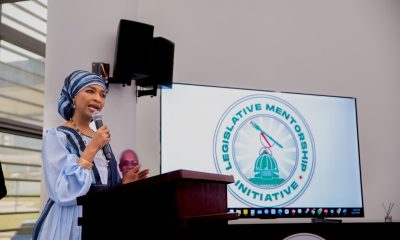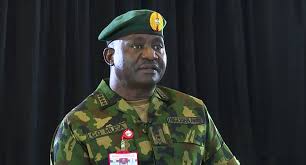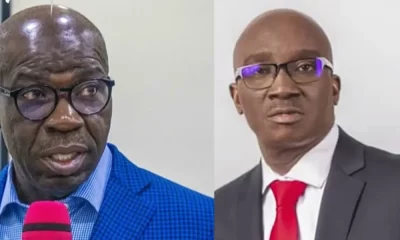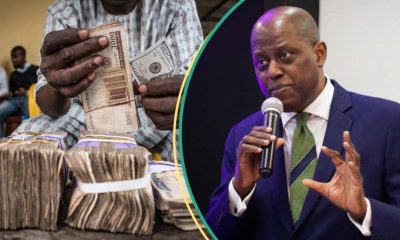The Chairman and chief executive of Dangote Group, Aliko Dangote, has called on the authorities of the African Union to come up with a visa-on-arrival policy among the member countries of the African Continental Free Trade Area (AfCFTA).
He said this yesterday at the ongoing 30th-anniversary celebration of the African Export-Import (AFREXIM) Bank in Accra, Ghana.
“Why don’t you give Africans a visa on arrival; that will facilitate trade. If you are making life difficult for me there is no way I will invest in your country,” he said.
He related his experience of traveling to another African country with a Nigerian carrying a British passport. He said the British passport carrier was granted entry, while the immigration authorities were arguing about granting him entry, whereas he had the money.
The sentiment was echoed by a representative from the United States of America. She said the genius of Africa will come from what Afrexim Bank is doing.
READ ALSO: How Dangote, Rabiu lost $5.85bn to Naira devaluation
“What you are doing, combining demography and productivity will lead to progress. If we do not combine demography with productivity we will not get the kind of transformation; we will not unlock the genius.
Lesson from AGOA
“What I learned from AGOA is that it’s going to take market access; it’s going to take the power of examples; it’s going to take the kind of commitment that many of you are doing; it’s going to make connections; it’s going to take the global approach, mobilizing resources,” she said.
Day One of the session highlighted the need for the interconnectedness of the African continent, focusing on trade, food and security.
Commenting on the events of the first day, Nobel Laureate, Wole Soyinka, said if you can translate not just what is being produced now, but history, and scientific subjects, you have one common language, you are already producing more teaching material, which is very good for the economy.
“It’s good for printers, booksellers, bookshops, as well as writers as royalties increase.
“All these factors influenced our decisions in times past. You would agree with me that language itself is an instrument, not just of livelihood; it’s also an instrument of economics, science, teaching, and understanding; it even affects the human psyche, which means it also affects the collective psyche, binding people together or separating people.

 Business7 days ago
Business7 days ago
 Crime1 week ago
Crime1 week ago
 Business1 week ago
Business1 week ago
 Latest4 days ago
Latest4 days ago
 Latest5 days ago
Latest5 days ago
 Politics1 week ago
Politics1 week ago
 Business5 days ago
Business5 days ago
 Education1 week ago
Education1 week ago

